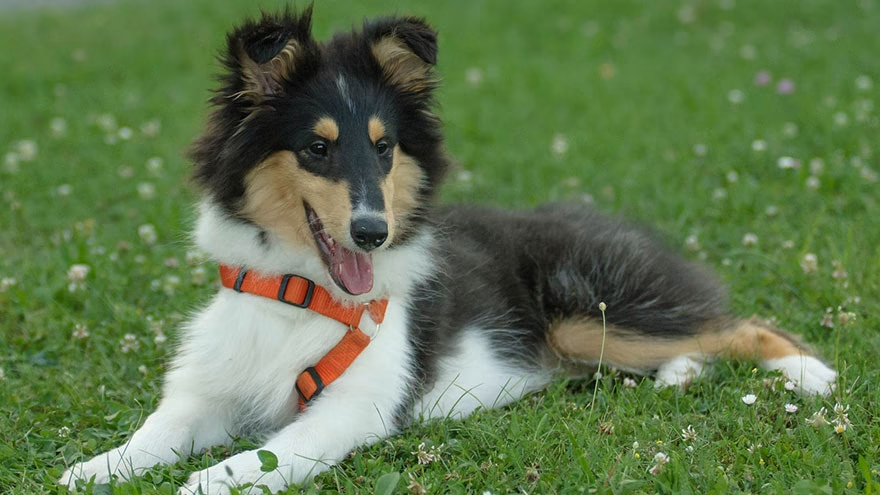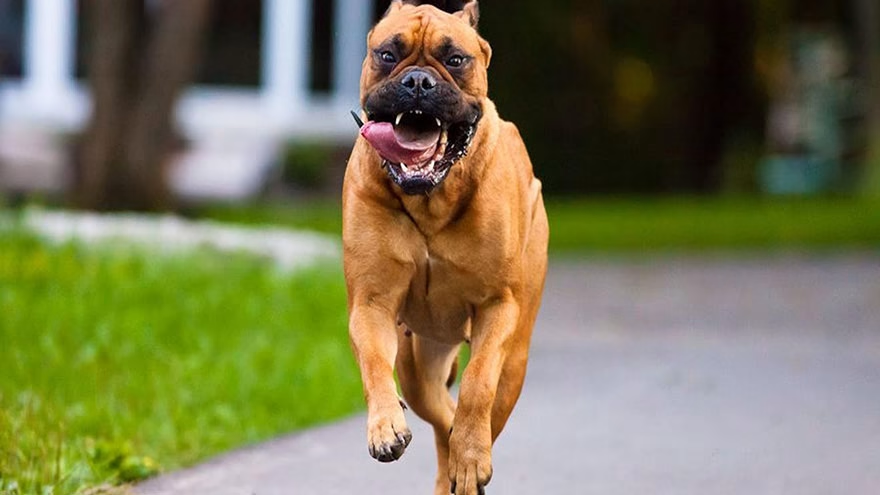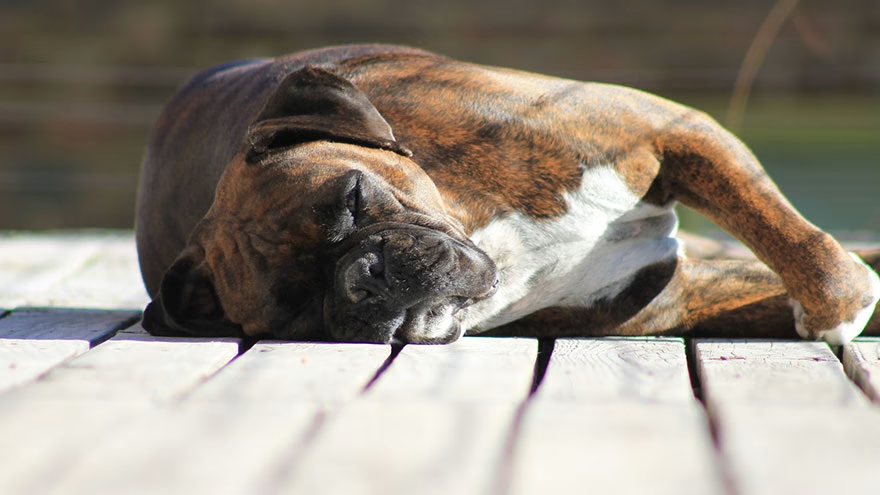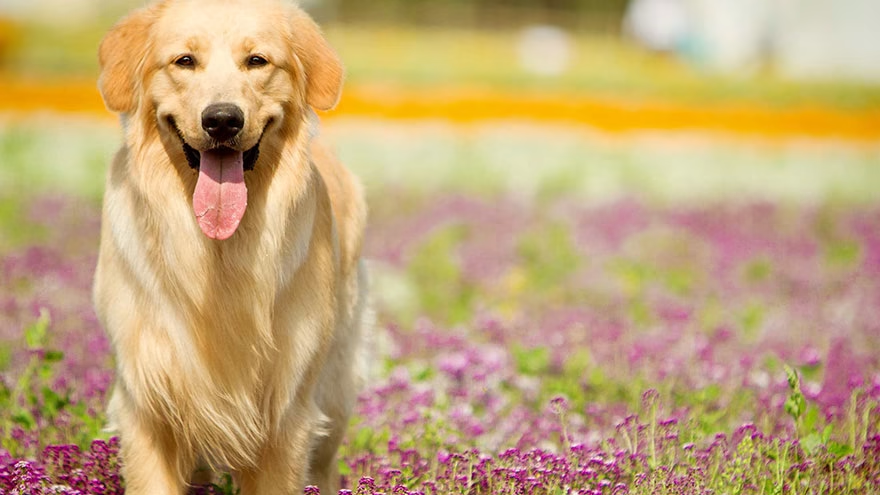This breed can be a challenge to train, however, and some owners find the Great Pyrenees more dog than they can handle. Even so, the Great Pyrenees is a loyal and protective dog that makes an excellent family companion. We have put together 10 common questions about the Great Pyrenees and answers for each.
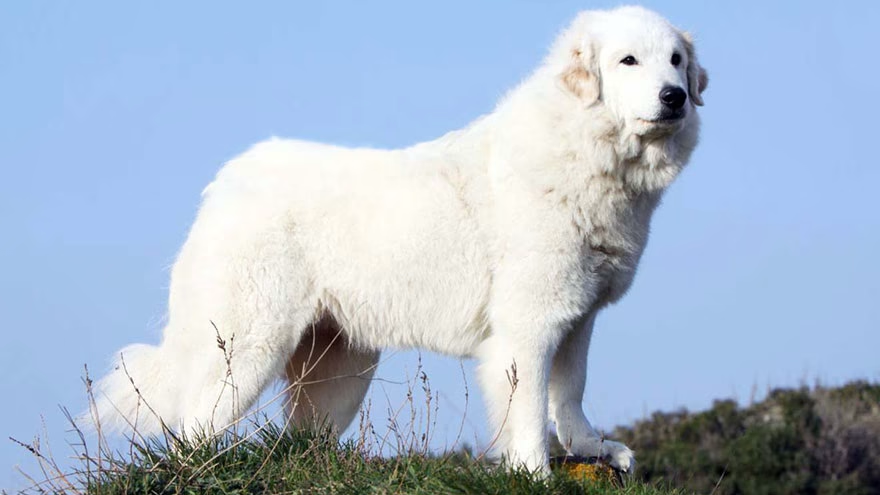
1. What İs The History Of The Great Pyrenees?
The breed gets its name from the European mountain range where it is considered a native breed. There is evidence of the breed’s ancestors in Asia and Siberia with remains dating back thousands of years in Europe.The Great Pyrenees has long been a guard dog for both home and for sheep, as well as a cart-pulling animal and pack dog.
2. How Big Does The Great Pyrenees Get?
This is a particularly large breed, with males weighing 100 to 130 pounds and standing up to 32 inches. The female can weigh as much as 85 pounds but stands only a few inches shorter.The coarse white coat and dense, soft undercoat give the Great Pyrenees the appearance of a bear. In fact, some people even say the dog has a majestic look.
3. Does The Great Pyrenees Shed As Heavily As I Have Heard İt Does?
This breed does shed heavily so you should be prepared to pick up and clean up tufts of white fur.Regular brushing and attention will take care of some of this shedding.
4. How Long Does The Great Pyrenees Live?
As with many large dogs, the Great Pyrenees does not live an extremely long time, usually about 10 to 12 years.A very healthy puppy with good care should grow into a strong adult and give you many years of enjoyment.
5. What About Exercising The Great Pyrenees?
Typically, the Great Pyrenees does not do well in an apartment or very small home. Instead, this breed needs a large, fenced yard for regular outdoor exercise.We recommend taking the Pyrenees for walks only on a leash because they are very protective and suspicious of strangers and animals.
6. Will The Great Pyrenees Be Good With Children?
Probably, but it would best if the puppy was raised with the young children because this breed tends to be very protective and bonds closely with those it knows.Of course, the dog’s large size and strength can be a problem with toddlers and small children, so it is best to be careful in these situations.
7. What Health Problems Should I Be Aware Of?
The Great Pyrenees is prone to hip dysplasia, a degenerative joint disease. Keep in mind that this condition can be detected early with the OFA test so you should ask the breeder about the condition.Pyrenees can also be bothered by skin problems in hot weather because they are ideally cool weather animals.
8. Is Training This Breed Easy?
It is generally thought that the Pyrenees is one of the tougher breeds to train because the dogs are extremely intelligent and have a very deliberate pace of learning that seems like stubbornness.Making the training a challenge is the best chance for success. We suggest you keep the activities from being boring, because the Great Pyrenees does not respond will to harsh treatment or repetitive demands.
9. I Have Seen This Type Of Dog Pulling A Cart – Will İt Actually Do This?
Yes and in fact, this was one of the regular jobs of the Great Pyrenees that lived with a peasant or shepherd family.This breed is extremely strong, wanting to investigate and be active. Now, it is not a good idea to tie your Great Pyrenees outside alone, because they can get bored and frustrated, thus becoming destructive.
10. Are They A Good Dog For Shows And Competition?
Typically, no, the Great Pyrenees does not do well in obedience competition or in shows, not because they lack intelligence but because they do not react well to demands and restrictions not understood.However, the Great Pyrenees can be an excellent companion dog in hospitals, old age homes, and for people with physical disabilities.
Read More About Great Pyrenees
- Great Pyrenees Breed Information
- Great Pyrenees Training Guide
- Great Pyrenees Health Guide
- Owning a Great Pyrenees : Breeder Recommendations
Save for later
Found this helpful?
Pin this article to your Pinterest board and come back to it whenever you need a reminder.
Save to Pinterest